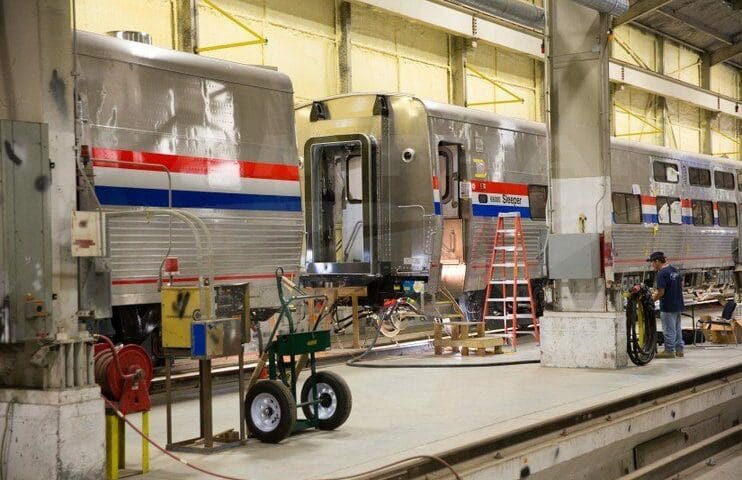

After the President’s State of the Union address, federal policy circles are squarely focused on how to speed and grow America’s economic recovery. President Obama was right when he said America needs “a set of concrete, practical proposals to speed up growth, strengthen the middle class and build new ladders of opportunity.”
America’s public transportation infrastructure provides one excellent opportunity to build a more equitable, prosperous economy. Here are five policy prescriptions that can help create good jobs and growth in the transportation sector:
1. Make a globally competitive investment in infrastructure. Increase federal funding to address America’s infrastructure deficits identified by the American Society of Civil Engineers and detailed in the BlueGreen Alliance’s Repair America report, especially in the transportation sector. Investments in transportation can put Americans back to work while rebuilding our crumbling roads and bridges,
» Read more about: Five Policy Prescriptions for Transportation Job Creation and Growth »


 Last year Walmart commissioned a study on itself, and now its findings can be revealed: Walmart is the greatest thing since penicillin. More specifically, the study sees the chain-store titan’s widening footprint on America’s retail landscape as a gift for the communities lucky enough to have a Supercenter land on them.
Last year Walmart commissioned a study on itself, and now its findings can be revealed: Walmart is the greatest thing since penicillin. More specifically, the study sees the chain-store titan’s widening footprint on America’s retail landscape as a gift for the communities lucky enough to have a Supercenter land on them.
The research, conducted by the Hatamiya Group, a Davis-based firm owned by Lon Hatamiya, is predicated on a comparative analysis of taxable retail sales and retail business permits, and reaches two conclusions: “On average,” California communities with Walmart Supercenters in them have fared better economically than those without them.
Of course, while it may be difficult to name a community that doesn’t have a Walmart in it, California is a very large state and has places where even Walmart won’t tread – economic no-go zones that have been especially hard-hit by the recent recession and slow recovery.
» Read more about: Walmart’s New Research: A Flattering Self-Portrait »
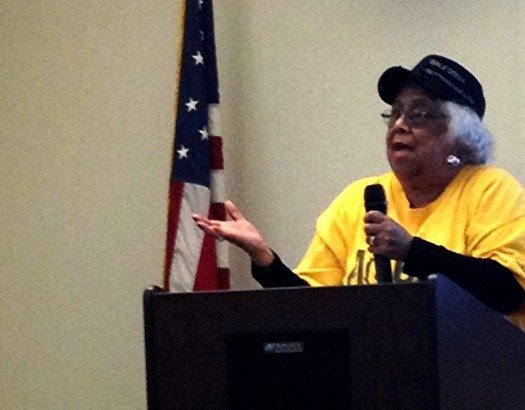
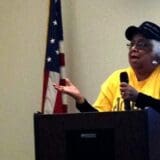
The Alliance of Californians for Community Empowerment (ACCE) held a town hall meeting February 6 to discuss its new Fix Unemployment Now campaign, which aims to make unemployment insurance more accessible in light of recent problems with California’s Employment Development Department (EDD). The meeting, which took place at Service Employees International Union (SEIU) Local 721’s headquarters in Los Angeles, drew members of ACCE and SEIU, EDD employees and members of the community. (Full Disclosure: The author of this article has previously volunteered for ACCE.)
Fix Unemployment Now primarily addresses EDD’s failure to provide unemployment checks on time and to answer claimants’ questions and concerns. According to ACCE, these problems are related to EDD’s decision to outsource a computer upgrade to Deloitte Consulting, a company that has been fired by other public contractors in the past. According to the Los Angeles Times, EDD is so unresponsive that it answers only a fraction of the phone calls it receives.
» Read more about: Campaign Targets California’s EDD Failure »


We Americans don’t like to think of our country as corrupt – or at least as corrupt as Japan, whose yakuza crime syndicates have taken over much of the legitimate business sector, including providing materials for the Fukushima nuclear reactor and scooping up homeless people to work as cleanup crews there. Of course we’re not like India, where things only get done with a bribe. And hopefully we’re not as bad as Russia, where this year’s Winter Games have been called “the most corrupt in Olympic history.”
Still, corruption sure feels pervasive here. Last year the people who run the banks, insurance companies and stock brokerages contributed $10 million to the legislators who sit on the House Financial Services Committee. That body makes the rules for the finance industry. Known as a “juice committee” because membership is so lucrative, House leaders added 61 more positions to the panel,


Last week’s testimony in the Vergara v. California trial raised many an eyebrow when Los Angeles Unified School District (LAUSD) Superintendent John E. Deasy testified on behalf of plaintiffs in a lawsuit whose defendants had originally included LAUSD.
Despite its supporters’ protests to the contrary, Vergara is widely seen as a frontal attack against statutory guarantees of due process and seniority rights for state teachers. The suit is the brainchild of Students Matter, a Bay Area nonprofit created by wealthy Silicon Valley entrepreneur David Welch and partly financed by L.A. billionaire Eli Broad.
Under friendly direct examination by plaintiff attorney Marcellus McRae, the superintendent offered testimony that supported the suit’s contentions that the way in which teachers are fired, laid off and granted tenure has an adverse impact on the overall quality of the teacher workforce and illegally discriminates against low-income and minority students.
» Read more about: Deasy v. Deasy: The Two Faces of L.A.’s School Superintendent »
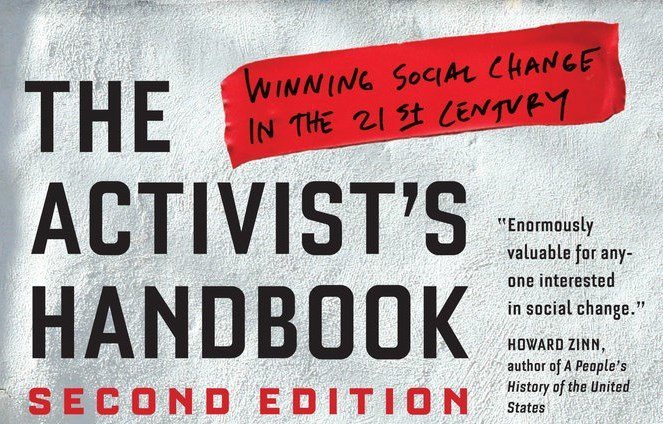
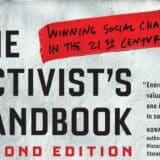
Randy Shaw does not fit the rabble-rouser profile. An upper-middle-class native of West Los Angeles, he came to San Francisco in 1979 to enroll in the city’s prestigious Hastings Law School, whose downtown campus is part of the University of California, Berkeley. There, however, he discovered that his school had for years been expanding by swallowing up residential hotels catering to low-income residents in the adjacent Tenderloin district.
“It used to be,” Shaw remembers, “that if you wanted to evict someone in the Tenderloin you’d throw them down a flight of stairs. Then it became more civilized: You’d just threaten to throw them down a flight of stairs.” In 1980 he co-founded the Tenderloin Housing Clinic as a legal aid resource for neighborhood residents. But it soon grew into an aggressive grassroots organization battling developers who wanted to replace much of the Tenderloin with luxury tourist hotels.
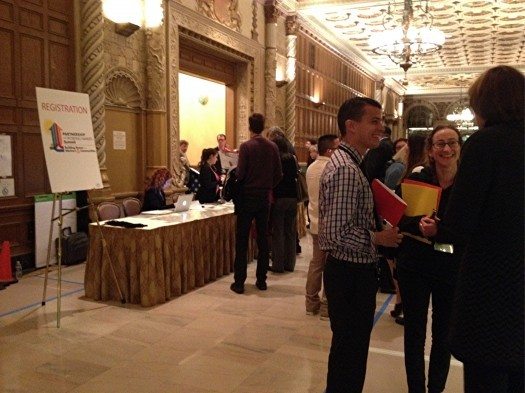

The Partnership for Working Families Summit kicked off Tuesday in Los Angeles as activists from around the country convened at the Biltmore Hotel for three days of workshops and talks focused on creating good jobs, sustainable industries and strong unions.
The Partnership includes such groups as the Los Angeles Alliance for a New Economy (LAANE), Puget Sound Sage and the Alliance for a Greater New York (ALIGN). While attendees came from a range of organizations and campaigns, the idea that cities can be platforms for change provided a common thread. As Leslie Moody, the Partnership’s outgoing executive director, put it in her opening remarks, “Cities matter.”
Moody pointed to the new set of progressive mayors taking office across the U.S., but added that elected leaders do not act alone. She cited the way communities have pushed new civic officials to follow through with constructive policies.
“We’re not going to wait for federal change,” Moody said,


Every year for Black History Month, the TV networks and premium movie channels roll out the same programming: Malcolm X, Mississippi Burning, The Color Purple…. It’s not that these films aren’t great; they are. It’s just that every year for as long as they have been around, they’re all that come on during February. I can quote The Color Purple line for line. The history of black folks is larger and more diverse than the civil rights movement and slavery. Let’s give some other films a shot, shall we?
Let the Fire Burn
In the spring of 1985 a bomb was dropped on a row house in Philadelphia. A fire spread quickly and burned down 61 houses, eventually killing 11 people, including five children, and injuring numerous others. The fire and police departments stood by and did nothing to stop the blaze.


Every January, our state celebrates the work and legacy of Dr. Martin Luther King Jr., a hero who sacrificed his life in the fight to end discrimination and poverty in America. In this respect, it seems appropriate that January is also the month when our Governor releases his budget proposal. The State Budget is more than numbers; it reflects our collective priorities and funds what is most important. Sadly, this budget proposal fails to honor Dr. King and his fight for justice. Within the Governor’s proposal are further cuts to critical social service programs. There is no clearer or more tragic example of this disinvestment than our state’s willingness to cut access to state-sponsored child care for low income families. In the name of justice and equality, we ask the Governor to fully fund child care to ensure universal access to all and quality work conditions for providers.
Currently we have more than 300,000 children languishing on waiting lists,
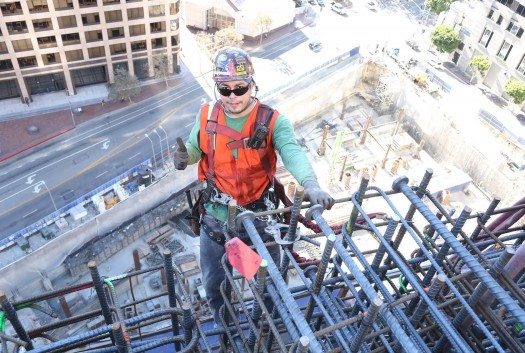
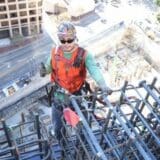
was a time I would eat anything
torn from my body, as a city
recycles its bricks after trauma.
so I would eat the bitter black things,
those brittle wound stones. was a time, torn,
I’d eat anything from my body,
those yellowed bark ridges. a city
recycles gypsum after trauma.
I’d eat anything, pale crescents torn,
those Moor-less swords. after, a city
recycles. green things from my body,
those rotting gems. those sour gray things—
wasted clay. city, after trauma,
recycles its iron, those bones torn
from a city as though—a body:
those swords and bones, gypsum, gems, trauma:
a torn time recycled. a body
as a city, torn into a thing.
Source: The Black Automaton (2009), published by Fence Books.
An award-winning poet, performer and librettist,